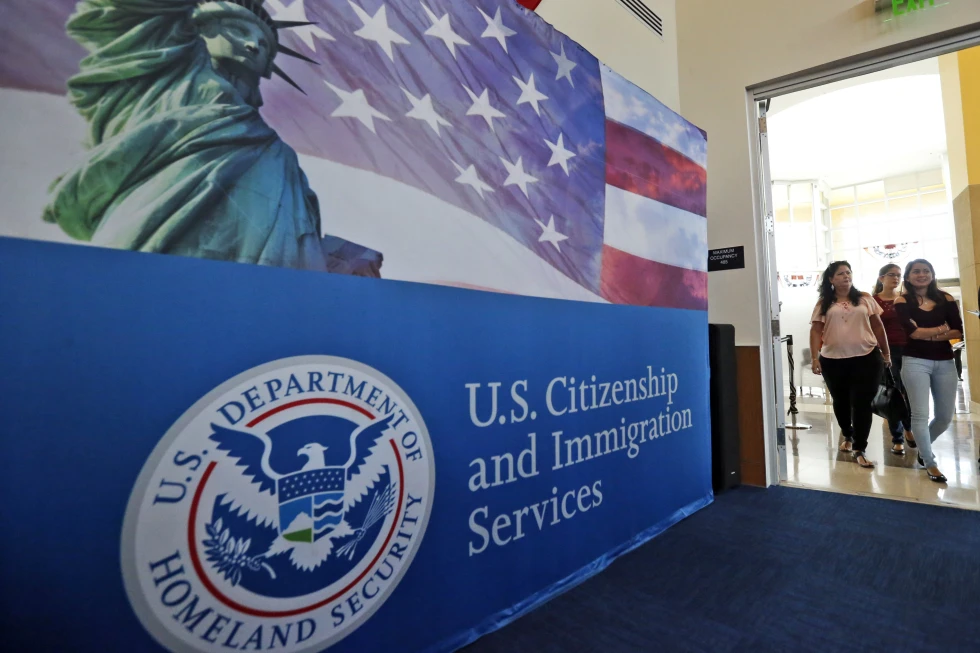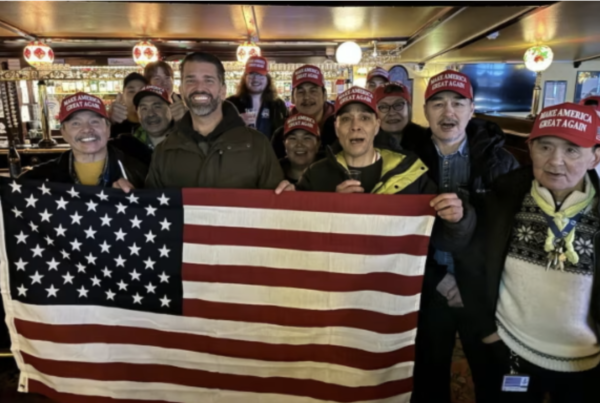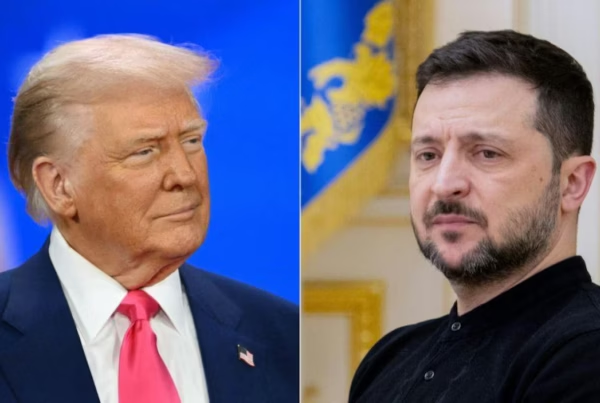Over the holiday period, an immigration row erupted in the Republican party over a long-standing US visa programme, the H-1B visas. These visas allow US-based companies to hire skilled workers from abroad for specialised industries. Critics argue that they undercut American workers, while proponents say the visas allow the US to attract the best expertise worldwide. The debate has grown beyond economics, touching on national security issues, especially as artificial intelligence and advanced computing become critical to U.S. defence capabilities.
The feud is between two main groups: the MAGA movement calling for a crackdown on these high skilled visas as part of Trump’s wider pledge to tighten migration and immigration; and Trump’s high profile, business-owning supporters (like tech billionaire Elon Musk), who have defended the visas as essential to US industrial and economic growth.
This internal conflict was sparked by Laura Loomer’s response to President Donald Trump’s appointment of Sriram Krishnan, an Indian-American venture capitalist, as his senior policy adviser for artificial intelligence. Krishnan has stated that he is a strong supporter of the H-1B visa scheme, arguing that the US needs more skilled foreign workers to remain competitive in the technology industries. He quickly gained support from others like Vivek Ramaswamy (former presidential candidate, also a member of the new Department of Government Efficiency alongside Elon Musk) who, in an extensive post on X, wrote: “Our American culture has venerated mediocrity over excellence (…) A culture that celebrates the prom queen over the math olympiad champ, or the jock over the valedictorian, will not produce the best engineers.” Krishnan’s support for expanding the H-1B visa program has clashed with the views of some MAGA supporters who believe that such visas negatively impact American workers by suppressing wages and job opportunities.
Krishnan also gained support from Elon Musk, who has previously benefited from the H-1B visa. Musk has said that the “number of people who are super talented engineers AND super motivated in the USA is far too low” and has described the H-1B programme as critical “for those who want America to win.” In a series of posts on X, the social media platform which he owns, Musk further pledged to “go to war on this issue.” Acknowledging flaws in the system, he advocates reform rather than reductions. For example, to protect American labour interests, Musk suggested that hiring foreign workers should become more costly, in order to incentivise companies to hire domestic workers.
In contrast, MAGA activists such as Laura Loomer and Steve Bannon have criticized the program, arguing that it undermines American workers and contradicts the movement’s “America First” principles. This division highlights a broader ideological rift within the MAGA coalition between nationalist elements favouring strict immigration policies and pro-business factions that support legal immigration to meet labour demands. Steve Bannon, who served in the first Trump administration, blasted H-1B visas on his “War Room” podcast as a “scam” by Silicon Valley oligarchs that is “taking American jobs and bringing over what essentially become indentured servants at lower wages.” Some critics of the system also argue that by importing foreign workers, the US government blocks the path to advancement for American workers and college graduates, including minorities.
President Trump’s stance has added complexity to the debate. Despite previous criticisms of the H-1B program, Trump has recently expressed support for it, aligning with tech industry leaders and suggesting a focus on reforming rather than eliminating the program. He told the New York Post: “I have many H-1B visas on my properties. I’ve been a believer in H-1B … I have used it many times,” he said, referring to his real estate ventures. “It’s a great programme.” However, the statements were a departure for the president. In the past, he has criticised the visas as “very bad” and “unfair” to US workers, and his administration sought to increase barriers for applicants during his first term. This change of opinion has caused concern among immigration restriction advocates within his base, who fear corporate interests may influence the administration’s immigration policies. In response, Loomer accused tech billionaires of influencing Trump for their own gains. “We have to protect President Trump from the technocrats,” Loomer said in a post on X on December 25.
The ongoing dispute highlights a growing divide between Trump’s early supporters and figures like Musk, who joined his coalition during the 2024 campaign. Musk and his tech-industry allies, less inclined to embrace nativist rhetoric, clash with traditional MAGA priorities. This internal tension may shape Trump’s presidency, with Musk warning of a “MAGA civil war.”
The majority of these discussions were being held on X, Musk’s social media platform. He is now facing accusations of censorship from fellow conservatives after several prominent right-wing accounts who had criticised Musk’s vows on immigration said that they had their blue verification badge removed. This cuts them off from monetising their accounts through subscriptions and advertising revenue. Some conservatives said they considered X’s actions to be a betrayal by Musk, who purchased the service then known as Twitter in 2022, in part because he said it had unfairly limited conservative speech.
Trump’s alignment with Musk represents a shift, prioritizing influential allies over the anti-immigrant sentiments central to his earlier political success. However, the debate over H-1B visas has sparked questions about the dynamic between Trump and Musk, with critics doubting how long Trump will tolerate Musk’s influence and media dominance. Democrats have already mocked their relationship by dubbing the billionaire“President Musk,” reflecting tensions in Trump’s leadership style. However, mutual benefits—Trump’s access to Musk’s financial and technological clout and Musk’s government influence—may delay a fallout. Both hold significant power to harm each other, making a split risky for both parties despite their contrasting approaches.
Other posts that may interest you:
Discover more from The Sundial Press
Subscribe to get the latest posts sent to your email.





